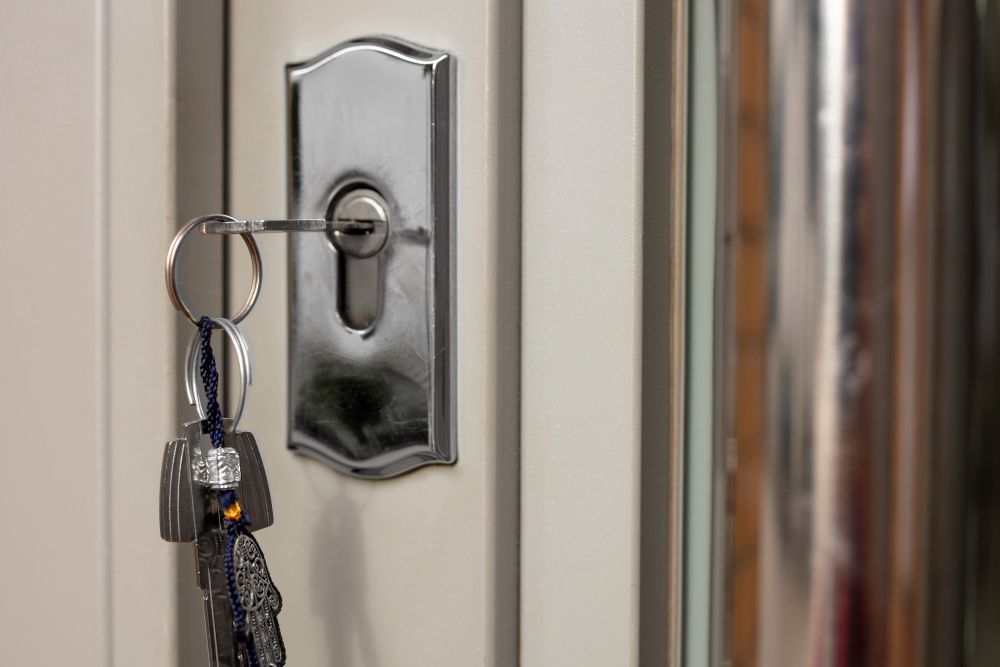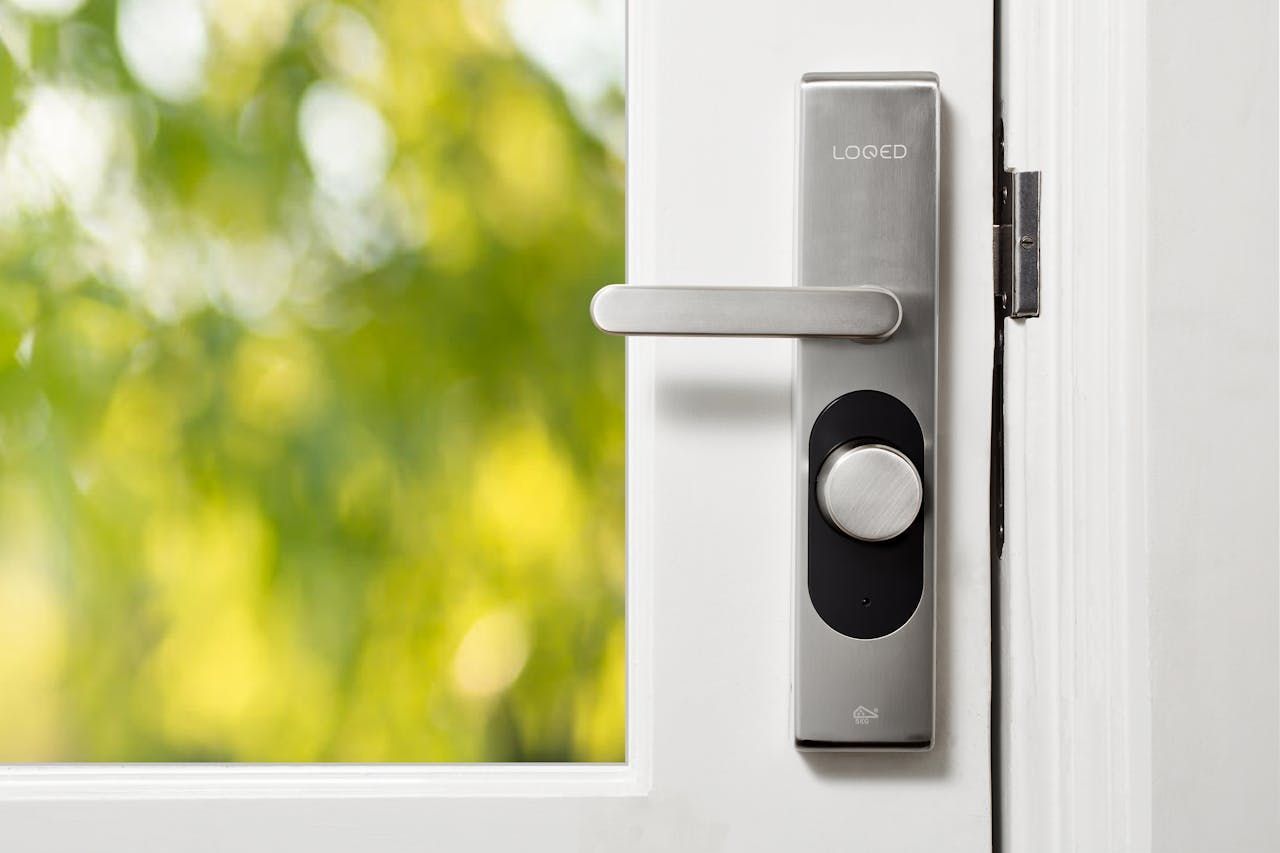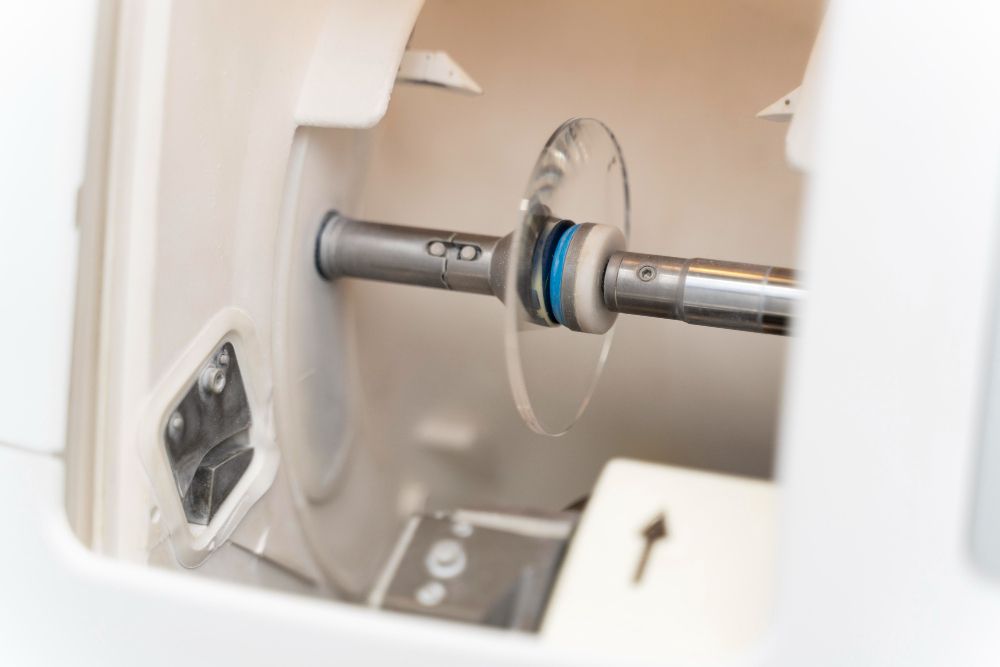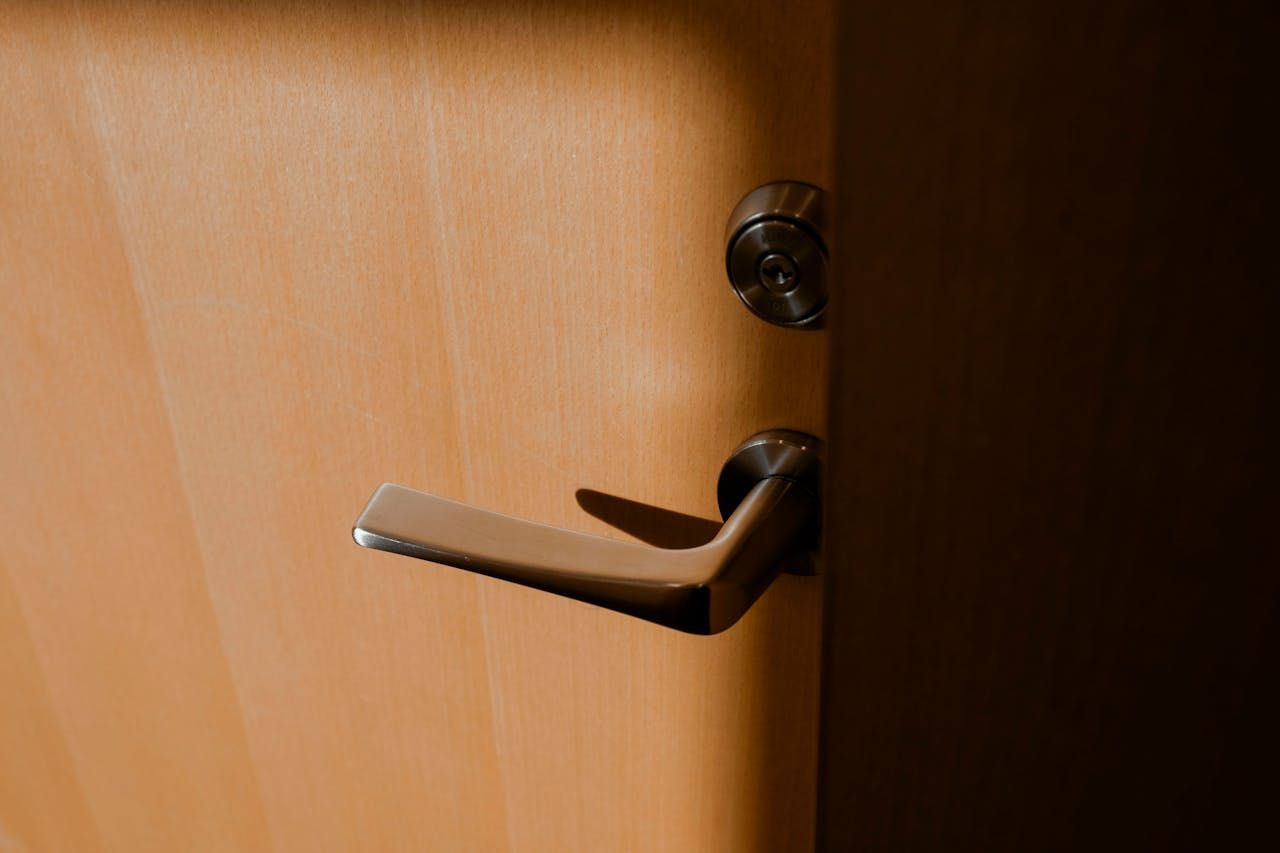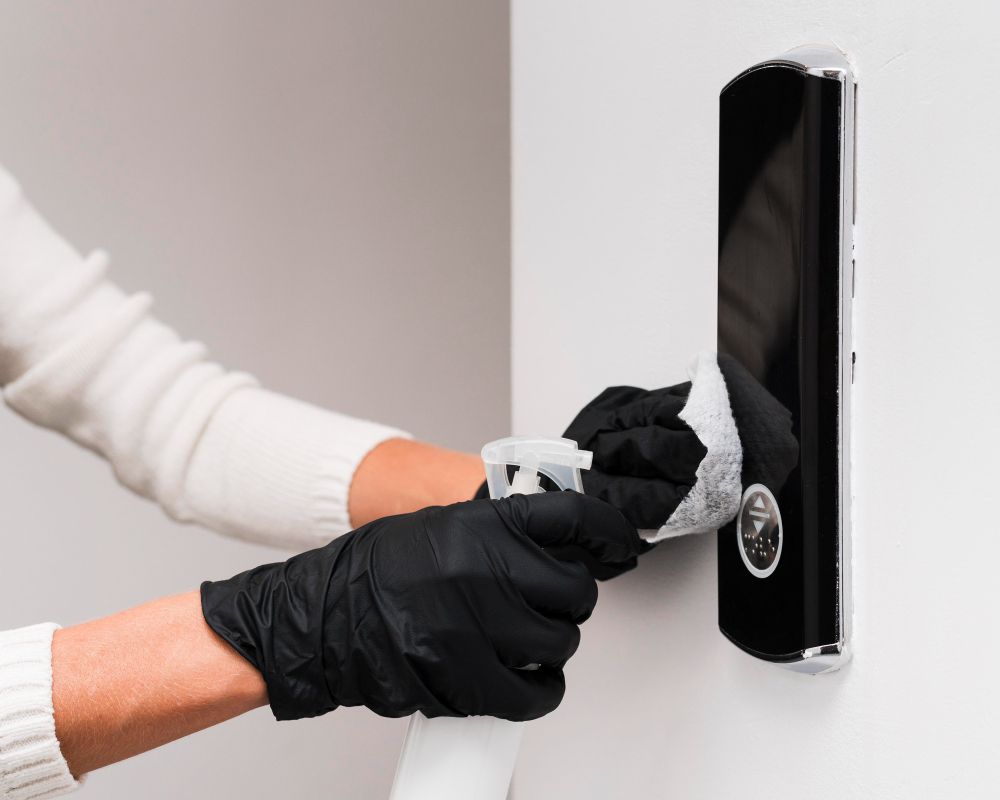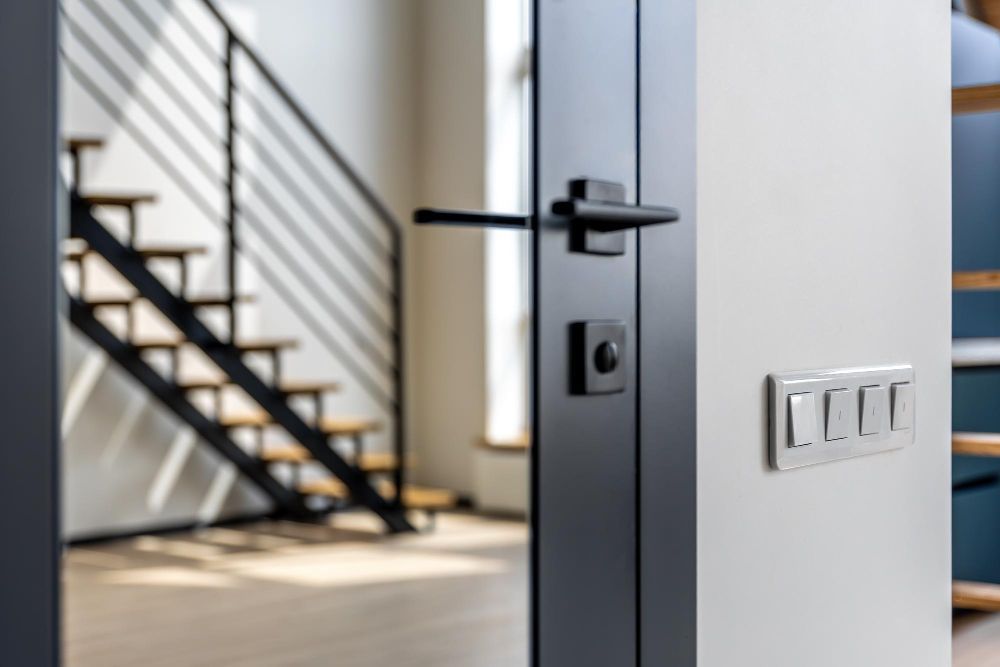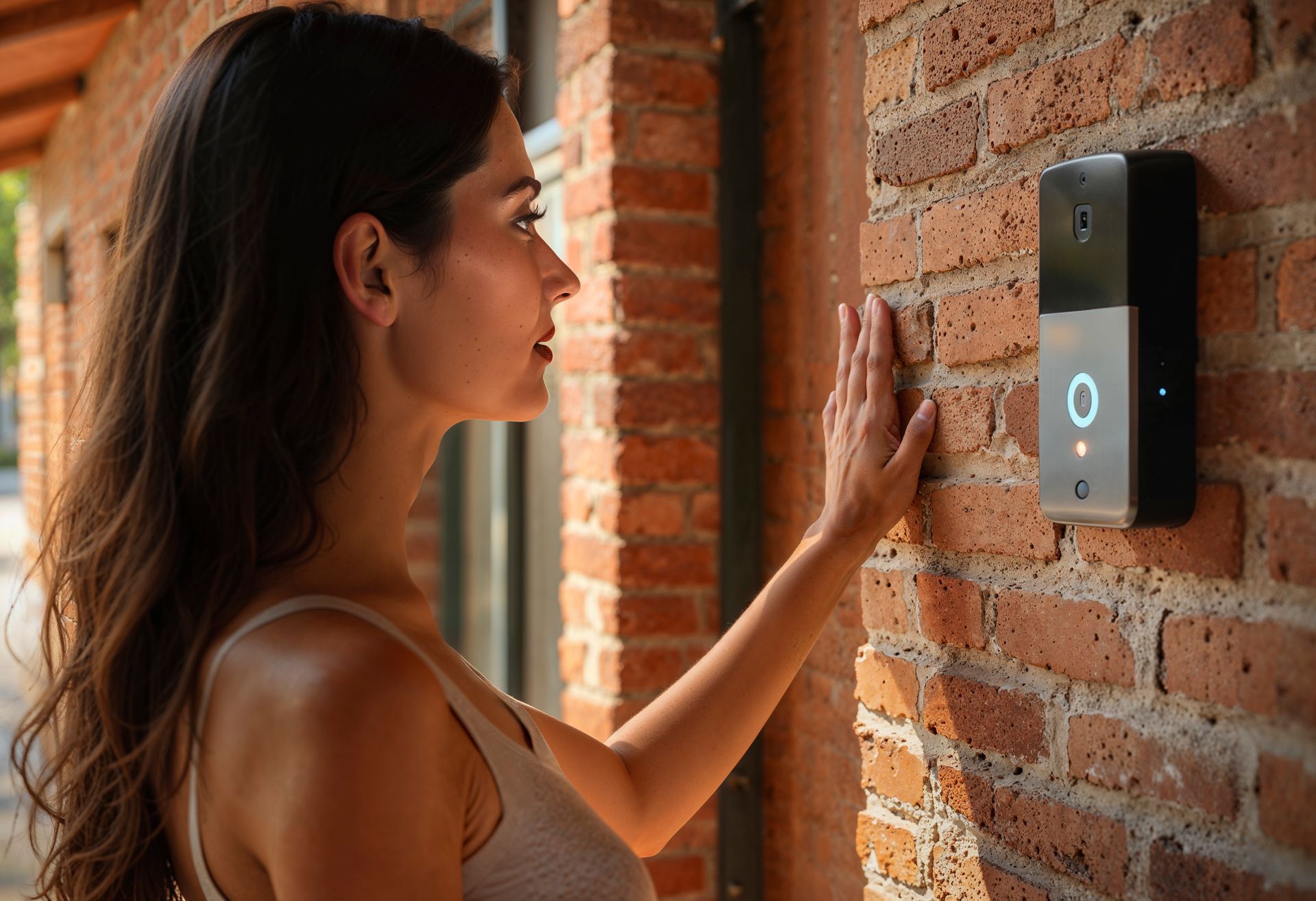How to Maintain Your Car Locks and Keep Them Working Smoothly
April 18, 2024

Introduction
Your car’s locks do more than keep your doors secure—they protect your vehicle, your belongings, and your peace of mind. But over time, dust, weather, and frequent use can cause locks to jam or fail. Ignoring basic maintenance can lead to bigger problems like lockouts, key damage, or costly repairs.
In this article, we’ll share practical car lock maintenance tips you can follow at home. These steps help extend the life of your locks, prevent unexpected issues, and maintain your car’s overall security.
Why Car Lock Maintenance Is Important
Car locks are exposed to constant movement, friction, and changing weather conditions. Without regular care, the internal components can wear down, making it harder for your key or fob to function properly.
Regular maintenance helps:
- Prevent lockouts caused by worn or jammed mechanisms.
- Keep locks turning smoothly, even in extreme weather.
- Reduce the risk of theft or break-ins caused by weakened locks.
- Save you money on future repairs or replacements.
Simple upkeep can make a big difference in the reliability of your car’s locking system.
Car Lock Maintenance Tips
Intro to this list: Maintaining your car locks doesn’t require expensive tools or special skills. These simple habits can help keep them functioning for years to come.
1. Clean your lock cylinders regularly
Over time, dust and debris can build up inside the keyhole and make the lock stiff. Use a soft brush or compressed air to remove dirt before applying any lubricant.
2. Use the right type of lubricant
Avoid oil-based lubricants, as they attract dirt and grime. Instead, use a dry graphite or silicone-based lubricant to keep the internal components moving freely. Apply sparingly—too much lubricant can also cause build-up.
3. Replace your key fob batteries
If your car uses remote or keyless entry, weak batteries can cause the system to fail. Replace the batteries every year or when the remote starts working intermittently.
4. Protect locks from weather and corrosion
Exposure to rain, heat, or coastal air can damage metal parts. Keep your car parked in a covered area when possible, and use a corrosion inhibitor or silicone spray to protect exposed locks.
5. Check for signs of wear
If your key feels rough or difficult to turn, the lock may be wearing out. Don’t ignore it—forcing the key can make the problem worse. A locksmith can inspect and repair minor issues before they become expensive replacements.
6. Don’t overload your keychain
Heavy keychains can put unnecessary strain on the ignition cylinder and cause it to wear out faster. Keep your keys light to avoid long-term damage.
How Locksmiths Help with Car Lock Maintenance
Intro to this section: Even with regular care, professional servicing ensures your locks remain reliable and secure.
A qualified automotive locksmith can:
- Inspect and clean your lock mechanism thoroughly.
- Repair or replace worn cylinders, keys, or actuators.
- Program or duplicate electronic keys.
- Lubricate locks with the correct materials for your vehicle type.
Having a locksmith service your car locks once a year can extend their life and help prevent sudden lock failures or key malfunctions.
Frequently Asked Questions
How often should I maintain my car locks?
A quick clean and lubrication every six months is usually enough. If you live in a coastal or dusty area, consider doing it more frequently.
Can I use WD-40 on my car locks?
It’s better not to. WD-40 is oil-based and can attract dirt, causing more harm over time. Use a silicone or graphite lubricant instead.
Why does my key get stuck in the lock?
It could be due to worn keys, internal corrosion, or dirt inside the lock cylinder. Cleaning or lubricating usually helps, but a locksmith can confirm the cause.
Are electronic locks maintenance-free?
No. While they don’t have traditional keyholes, the electronic components and actuators still need occasional inspection to ensure reliability.
When should I call a locksmith?
If your key gets stuck, the fob stops working, or the lock becomes difficult to turn, it’s best to call a locksmith before it fails completely.
Conclusion
Regular car lock maintenance is one of the easiest ways to keep your vehicle secure and avoid lockouts. By cleaning, lubricating, and protecting your locks, you can extend their lifespan and prevent unnecessary repairs.
A few minutes of attention every few months goes a long way in keeping your locks smooth, responsive, and reliable. And when issues do arise, a trusted locksmith can help you restore full functionality quickly and affordably.
